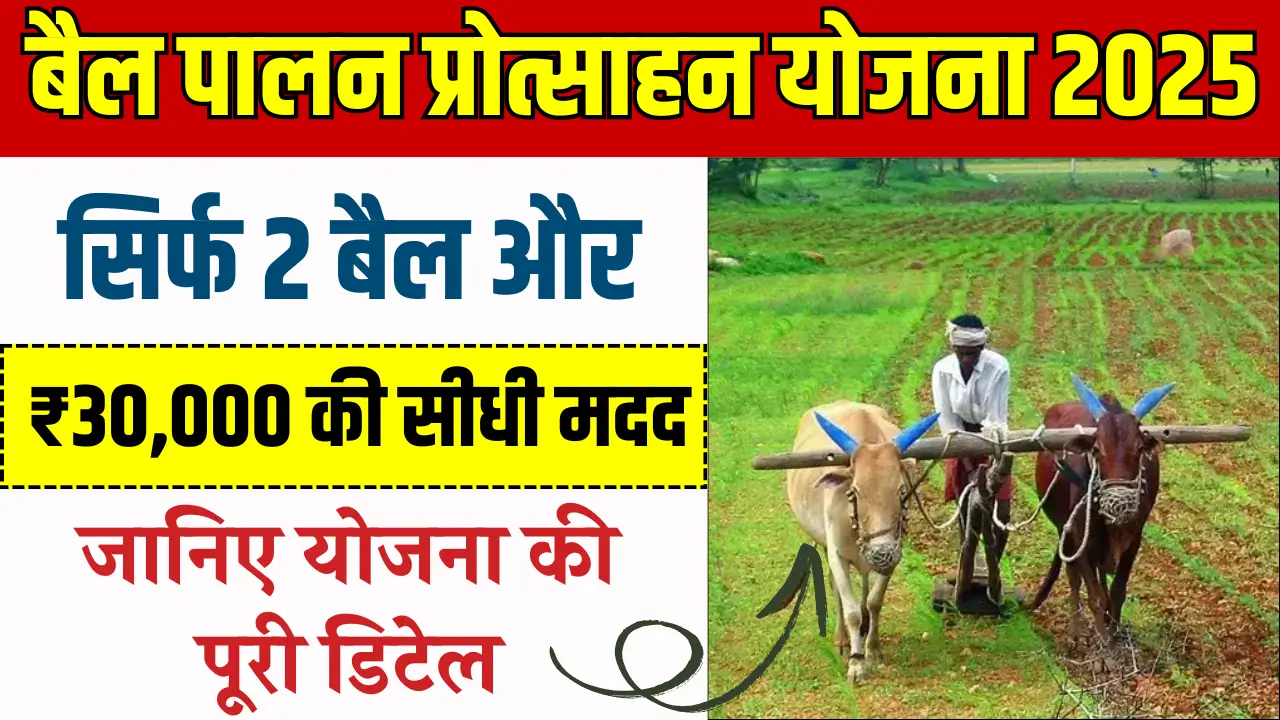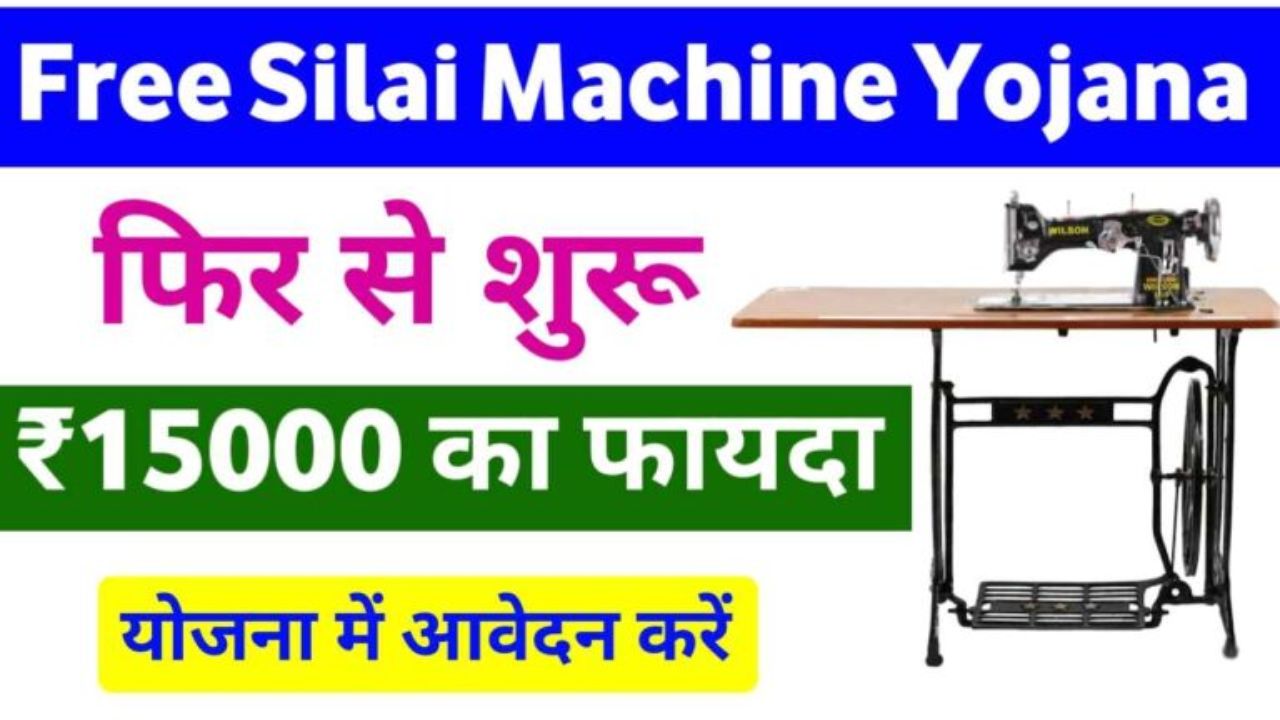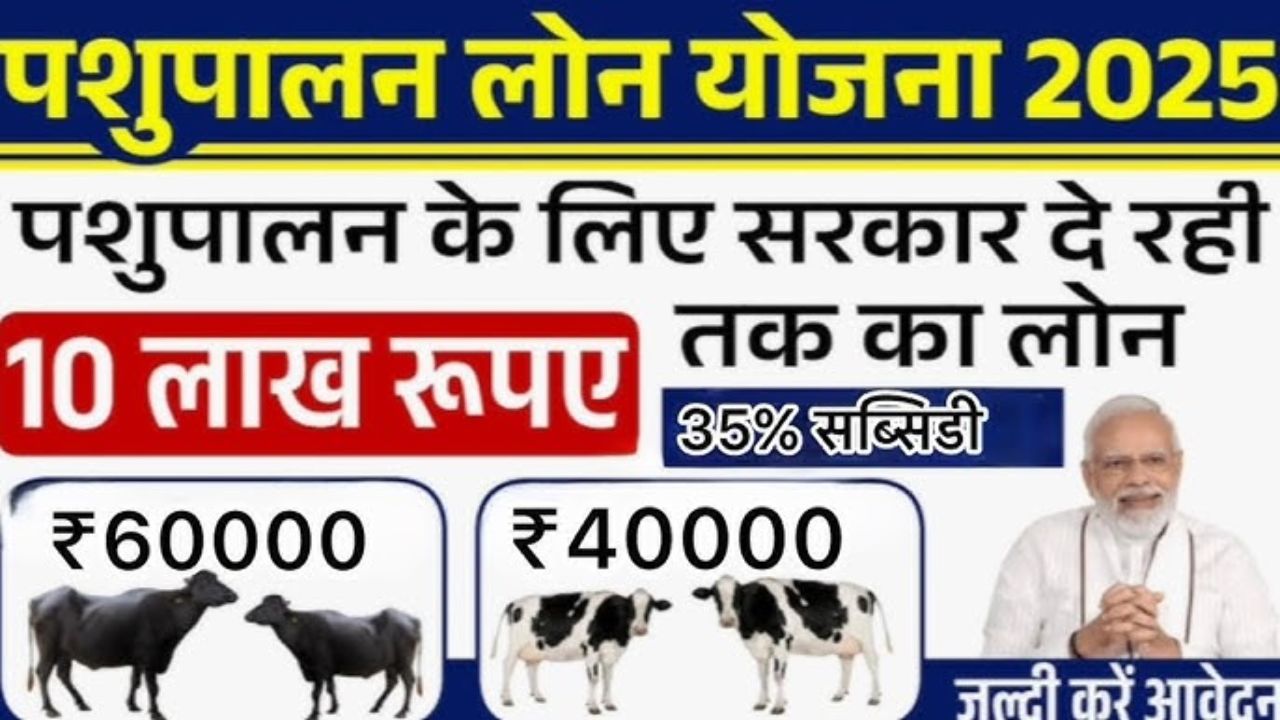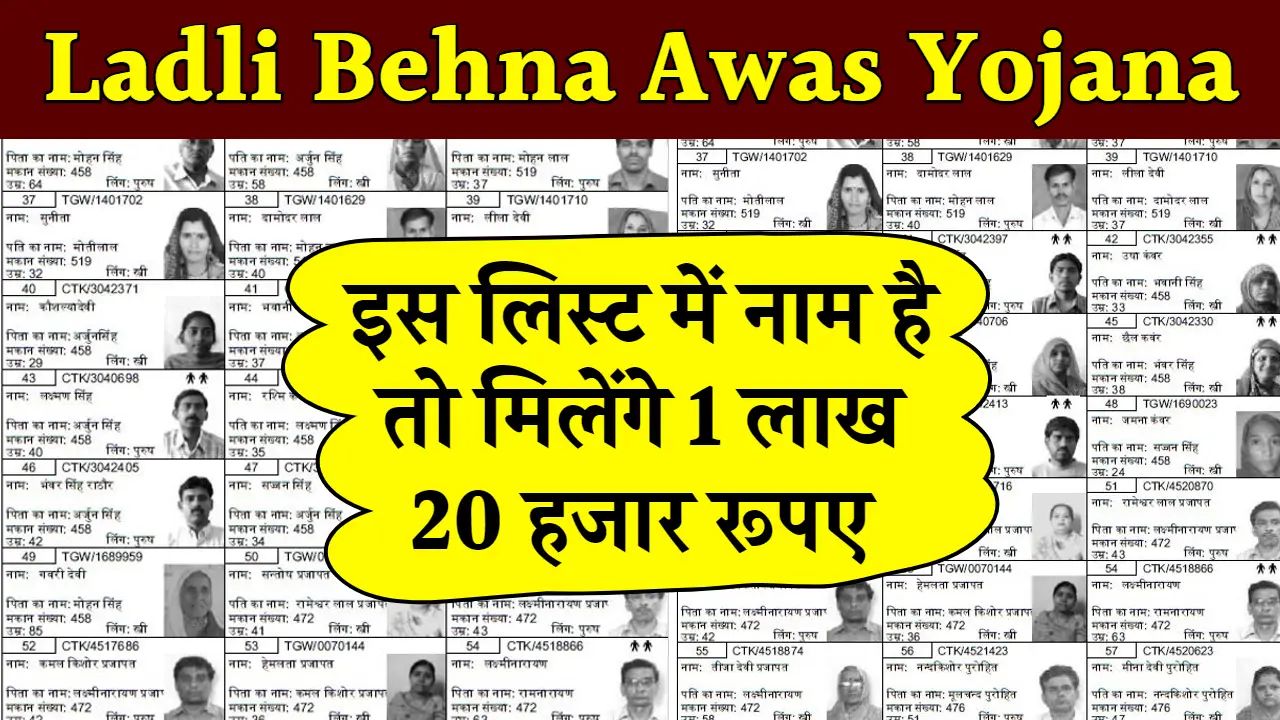In India, farming isn’t just a profession—it’s a way of life. And even today, a large part of rural India, especially in states like Rajasthan, Madhya Pradesh, Bihar, Jharkhand, and Chhattisgarh, still depends on traditional farming practices. You might be surprised, but in many hilly and remote areas, people still plough their fields using bulls instead of tractors. It’s an age-old method that connects farmers deeply with their land and culture.
But times have changed. With the increasing use of tractors and modern farming equipment, the number of bulls in agriculture has gone down sharply. Many small and marginal farmers, who can’t afford tractors, find themselves caught between the old and new. And let’s not forget, this shift has also led to neglect of our desi cattle breeds, especially the bulls who once formed the backbone of Indian agriculture.
Now here’s the good news—Rajasthan’s government has come forward with a thoughtful and powerful initiative that not only supports farmers financially but also revives the spirit of traditional farming. Under a new subsidy scheme, farmers who still use bulls for farming will be given ₹30,000 every year. That’s right! Just two bulls and you could be eligible for direct help from the government.
read more: 70 Lakh Women Get Monthly ₹1000 Gift: Mahtari Vandana Yojana 2025 Brings Relief & Respect

What Is This Scheme All About?
The Rajasthan government has officially launched this scheme in the state budget for 2025-26. The idea is to promote bull-based farming, protect native cattle breeds, and strengthen rural economies that revolve around agriculture and livestock. If you’re a small or marginal farmer and own at least one pair of bulls that you use for farming, you could get ₹30,000 every year as a direct bank transfer from the government.
This support is not just for the sake of money—it’s about giving back dignity to our roots. It’s about making sure that no farmer is left behind just because he can’t afford expensive machines. Bulls have always been more than just animals in Indian villages. They’re part of the family, and this scheme ensures they continue to be.
Who Can Benefit From This?
Well, the scheme is specifically for small and marginal farmers—those who own limited land and often struggle with income. If you fall into that category and have two bulls under your care that are actively used for farming, you’re on the right track.
But it doesn’t stop there. Even priests who farm on temple lands or tribal farmers who cultivate on forest rights land are eligible, provided they have the necessary documents. The only condition is that your bulls should be healthy, insured, and under 15 years of age.
What Documents Do You Need?
Let’s be honest—dealing with government schemes often feels like getting lost in a maze of documents and verifications. But this one’s made simpler. You’ll need a certified small/marginal farmer certificate (get it from the Tehsildar), proof that your bulls are insured and healthy (a vet’s certificate will do), a joint photo of you and your bulls, and basic things like Aadhaar, Jan Aadhaar, bank details, and a stamp paper affidavit.
Once you have all that ready, just head to the nearest e-Mitra center or use the Raj Kisan Saathi online portal to submit your application.
How Does It Work?
After applying online, your application will be verified within 30 days. If something’s missing, you’ll be informed via SMS or through the portal, and you’ll get time to fix it. The selection works on a first-come, first-served basis—so don’t delay!
And once your application is approved, the ₹30,000 will be directly credited to your bank account through DBT (Direct Benefit Transfer). No middlemen, no hassle—just clean, transparent support from the government.
Why This Scheme Matters So Much
This scheme is more than just a subsidy. It’s a heartfelt attempt to bring our desi farming traditions back to life. While tractors have their place, bulls are eco-friendly, cost-effective, and sustainable. They don’t need diesel or petrol, don’t pollute the environment, and they help keep rural traditions alive.
For small farmers, this scheme is a game-changer. ₹30,000 every year is no small sum, especially when you consider the rising costs of fertilizers, seeds, and equipment. This amount acts as a cushion, a motivation to continue farming even without expensive machines.
It also encourages more farmers to protect and care for bulls, rather than abandoning them or letting them roam aimlessly. That means stronger livestock-based economies, more jobs in villages, and an overall boost to rural India.
Challenges That Need Attention
Of course, no scheme is perfect. There are still challenges to face. In many rural areas, getting a proper health certificate or insurance policy for bulls isn’t that easy. Veterinary services need to be made more accessible. Also, many farmers aren’t tech-savvy, so applying online can feel like a mountain. That’s where local e-Mitra centers and government awareness campaigns can play a big role.
What Will Be the Impact in the Long Run?
In the bigger picture, this scheme can reduce farming costs by eliminating the need for diesel-run machinery. It promotes organic and low-carbon agriculture. It also creates local employment, because livestock care and traditional farming require human effort.
Not just that—it also helps preserve our rural culture. The festivals, fairs, customs, and daily lives of villagers are deeply tied with bulls and animals. So this initiative isn’t just economic—it’s social and cultural as well.
Final Thoughts
The Bull Subsidy Scheme by the Rajasthan government is a brilliant step in the right direction. It’s thoughtful, timely, and rooted in reality. It respects the legacy of traditional farming while giving farmers the financial push they desperately need.
Whether you’re a farmer who still trusts his bulls more than machines, or someone who’s passionate about sustainable farming—this scheme is something to cheer for. It’s a perfect blend of progress and tradition, offering hope and dignity to those who truly feed the nation.
So if you or someone you know fits the criteria, don’t wait. Spread the word, gather your documents, and apply soon. Because farming with bulls isn’t backward—it’s going back to the roots, and the future is rooted in the soil.








